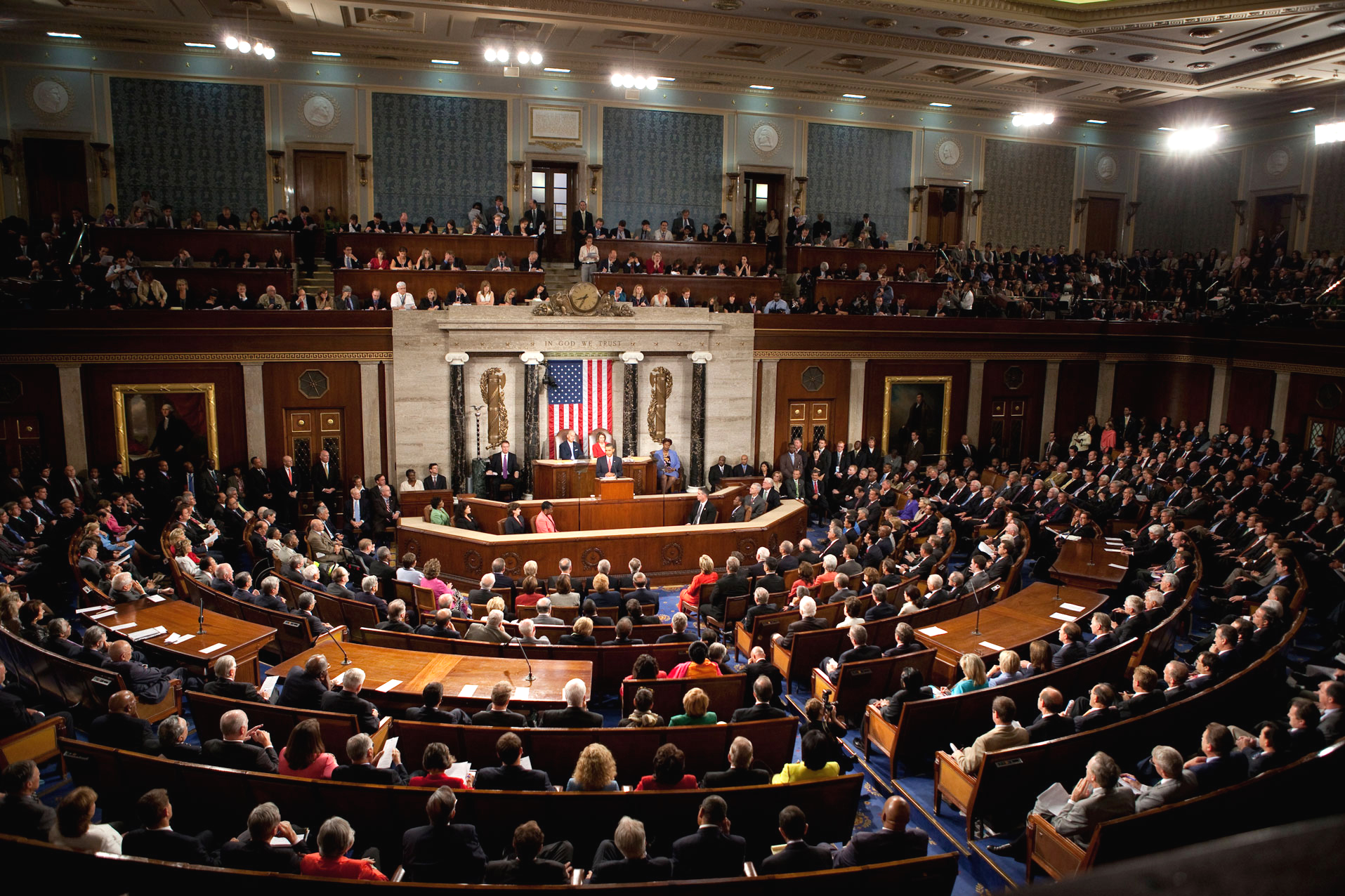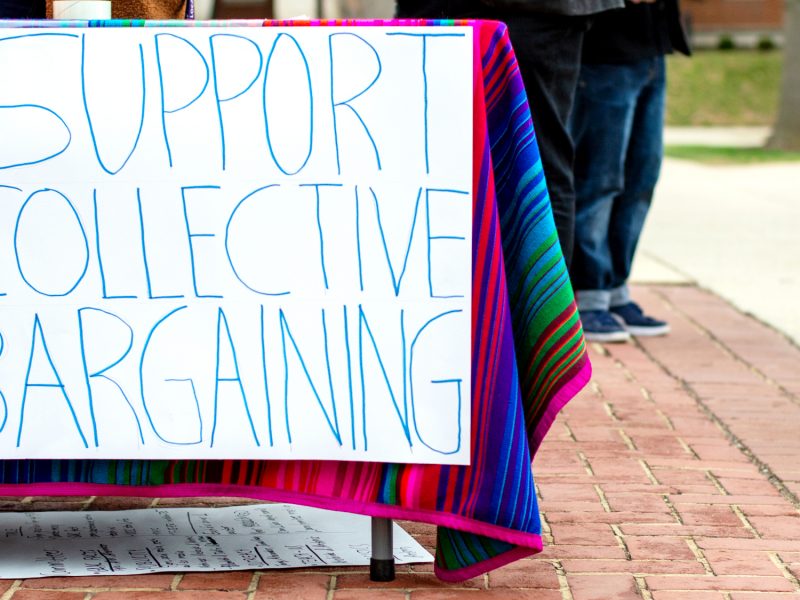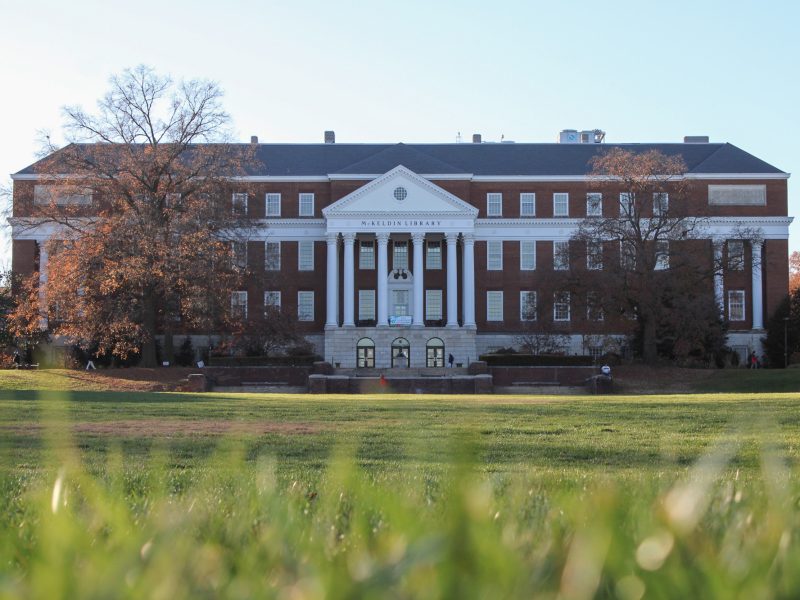These past couple of weeks, it has been nearly impossible for me to scroll through my Facebook news feed without coming across at least one heated political argument. Most of the time, my high school acquaintances will link a Washington Post article to their statuses and pontificate on their vast political knowledge in an emotional, albeit sometimes well-written, rant.
Usually, the Bernie Bros strike first. They call foul play and claim that The Washington Post was always Hillary Clinton’s puppet and they’ll never vote for anyone who influences the media. They say they’ll vote for the Green Party this time and really make a difference. After a heated argument, someone else will chime in, “What about the Libertarians?,” and everyone will chuckle a bit about the 420-friendly platform.
In some ways, these teens represent a growing section of the new voter population: individuals who do not align themselves strongly with either major party and see the whole system as corrupt.
If we don’t change the very foundation of our political system, we could be facing incredible disillusionment and increasing polarization. One option might be to consider the parliamentary system as it functions in Europe. Although a traditional parliamentary system may never be possible in the United States, a modified system that encourages accountability among elected officials and incorporates participation from more than two political parties could help restore Americans’ faith in their government.
In light of Brexit, it’s interesting to see how a country under the parliamentary system dealt with such an extreme political catastrophe: The leader of the failing party admitted his mistakes and stepped down. The presidential system encourages fighting between political parties instead of cooperation and does not hold the president or various leaders within the parties accountable for their failures.
We’re a young country, and perhaps this election is our adolescent wake-up call. The two-party system worked for a much smaller and more fragile version of America, but perhaps it does not represent the will of the people any longer.
Millennials, I’m speaking directly to you. For almost everyone on the campus this fall, Nov. 8 will be the first presidential election in which they have a chance to vote.
To some, the answer might be obvious. Vote Jill Stein! Vote Gary Johnson! But this conclusion is juvenile at best. Although both candidates may be idealists’ best hope, they haven’t proved themselves to be anything but protest candidates. You can’t expect to win the presidency if your party isn’t even in the Senate. Forget the Senate, party members aren’t in Congress, state legislatures or governorships. You prove a party’s values through action, not social media hype.
It might be possible to elect a president without experience in elected office (i.e. Trump), but to elect a president under a political party in which no members hold significant elected office is unprecedented. Would either party in Congress work with this independent president? Or would the most closely aligned party work with the president and the other against them?
If you’re sick of choosing between two people that don’t represent your political views and goals, look further down the ballot this year and pay attention to the local level. If you’re serious about third-party candidates, see how their policies affect your community.
Change of this scope does not happen over the course of one election cycle, but at this critical point in political history, it’s time to start asking the tough question: Is this system benefiting the people, or benefiting the parties?
Grace Myers is a freshman physiology and neurobiology major. She can be reached at grace_m_myers@yahoo.com



